Ernie Haase remembers the day perfectly. In the aftermath of the January 6 riot in Washington, DC, the legendary gospel singer received a flood of text messages from family and friends─and “all these news items were flashing on my phone,” he recalls. “It felt like everything was falling apart, personally and for everybody.”
Videos by American Songwriter
He sat down in the cold, built a small fire, and wrapped himself up in a blanket. “I said, ‘Lord, how can I make a difference in these dark days?’ And it was as if He said to me, ‘Ernie, feed my sheep. You keep doing what you do. I’m not asking you to change who you are. You got one more breath. Take one more step, rise up and say, take that step and remind my people to keep on keepin on.’”
The group’s new song “Keep on Keeping On,” premiering today, sprung from that moment of grace. “It’s not a big original idea,” Haase tells American Songwriter over a recent phone call. “But the ideas, the words, the rhythm, the feeling—everything came to me all at once.”
He immediately called up co-writers Sue C. Smith and Lee Black about meeting up over Zoom. Once they did, “it didn’t take us about 30 minutes to peel the layers off that song,” Haase says. The song, packing a punch with glistening production and pounding percussion, quickly propelled Haase back into the studio to make a new record.
These, these are some hard days / We’ve had some heartache, more than enough, sings Haase over finger snaps. Long, long are these cold nights / Feels like there’s no light, and fear says give up.
Such driving hope is infectious, permeating much of the quartet’s forthcoming Keeping On, expected July 23 via StowTown Records. The band─currently also composed of Devin McGlamery, Paul Harkey, and Dustin Doyle─seem to reach into a deeper creative well than ever before. As hopeful as the 14-track collection is, frequently bursting with sharp, warm rays of sunshine, Haase is the first to admit, “I’m not an eternal optimist. Everybody thinks, ‘Ernie is just so positive.’ I have my dark days. Listen to these songs, you’ll know. I’ve had some dark days. But I have hope because hope has a face and hope has a place, and I’m just an ambassador of joy trying to remind all my brothers and sisters.”
With Keeping On, Haase flexes songwriting brawn, his first time being so involved in the process, and is unafraid to dig deep into life’s most devastating moments. On a song called “Not That Far Behind,” a deceptively lilting arrangement, he confronts the death of his uncle Freddy, who died from Covid. Honest, poignant lyrics decorate a smooth, inviting backdrop. “We presented the music in a way that I don’t think it’s going to cause people to sit and sob. It will give hope,” he says.
“I’ve always enjoyed the sounds and the phrasing of a Burt Bacharach─what he did with his writing, and how it was like The Carpenters. I told Wayne [Haun], when we wrote the song, ‘This is one of those songs that if it was treated properly, that this could be a song─ and I don’t want to sound morbid─that could be sung at a funeral or memorial service.”
In holding tightly to his faith, Haase allows himself time to grieve, envisioning hope, an intangible concept, as a literal, tangible place. “If Jesus did indeed rise from the dead, okay, that changes everything. Everything He says has power behind it, because He has power over death. And so at that point in time, we all have to take a look at that,” he offers. “For me, personally, I’ve taken a long look at it, not just once, but every day looking into the gospel, and seeing where the hope lies. Unlike most religions, our hope lies in a future. It has a face in Jesus, and it has a future place which is heaven. Heaven is a place where we are fully known. I don’t think my songwriting days and singing days end when I end. I think it’s going to begin again, in a more perfect way. That’s hope.”
The Book of Psalms has provided him plenty of guidance in that regard, as he explains, “It’s been comforting to see that although like I said, our songs are not dark, they’re light, because they were born in dark times. The Psalms, a lot of times get quoted, but it’s always the light passages, the passages of trust. But there’s a lot of darkness in those Psalms where David and other songwriters were pouring out their frustration, venting their anger, shaking their fist at injustice─but they were always directing it to God, the one who’s going to make it right.”
Like those songwriters and musicians of yore, Haase turns to songwriting to see things more clearly in his everyday life. “If I didn’t feel as though I could contribute, I wouldn’t. I don’t think I would be observing as much. If I go dark, and I turn my mind off, and I just give up and have no hope, then I don’t see the beauty in life. When my heart is enlarged, I see things, and I’m curious about things.
“To see it for yourself is one thing, but then to tell somebody… When you hear a song that you really like or see a movie you really like or read a book you really like or see a musical, isn’t the first thing you want to do is not only praise it but to praise it to somebody else? That’s what I feel songwriting does for me. It allows me to say, ‘Here’s something beautiful, something that’s gonna change your life.’ I’ve got to write it down. I’ve got to share it with somebody else.”
Across his decades-spanning career, from early days as a tenor in Cathedrals Quartet to becoming a founding member of Signature Sound in 2002 and releasing nearly 30 records, Haase has seen it all. Yet it wasn’t until 2020 that he realized something very important about himself. “I didn’t realize how discontented I was. I’ve always had to be busy, to feel like I was alive. I was actually able to ─ after the initial shock of what was happening to my career and my life ─ just ease into [life again] and say, ‘Not my will, but Thy will be done.’ I was able to actually enjoy nothingness.
“We went out to eat one night, and we were in a Mexican restaurant. Not to be overdramatic, but I’m just sitting with my family, and we’re all laughing. And I just got big tears in my eyes and Lisa’s like, ‘What’s wrong?’ I said, ‘I’ve been married to you for 30 years, and I’ve never been able to do this with you guys here in Atlanta. I’ve always been on my cell phone calling you.’ I’ve been able to be present. And I don’t know if I want to go back to the way I was before. Not that I was evil. Not that I was bad. It’s the hardest thing for me to explain─what it means to finally be content in life. I guess maybe because I’m getting close to 60.”
Listen to “Keep On Keeping On” below.

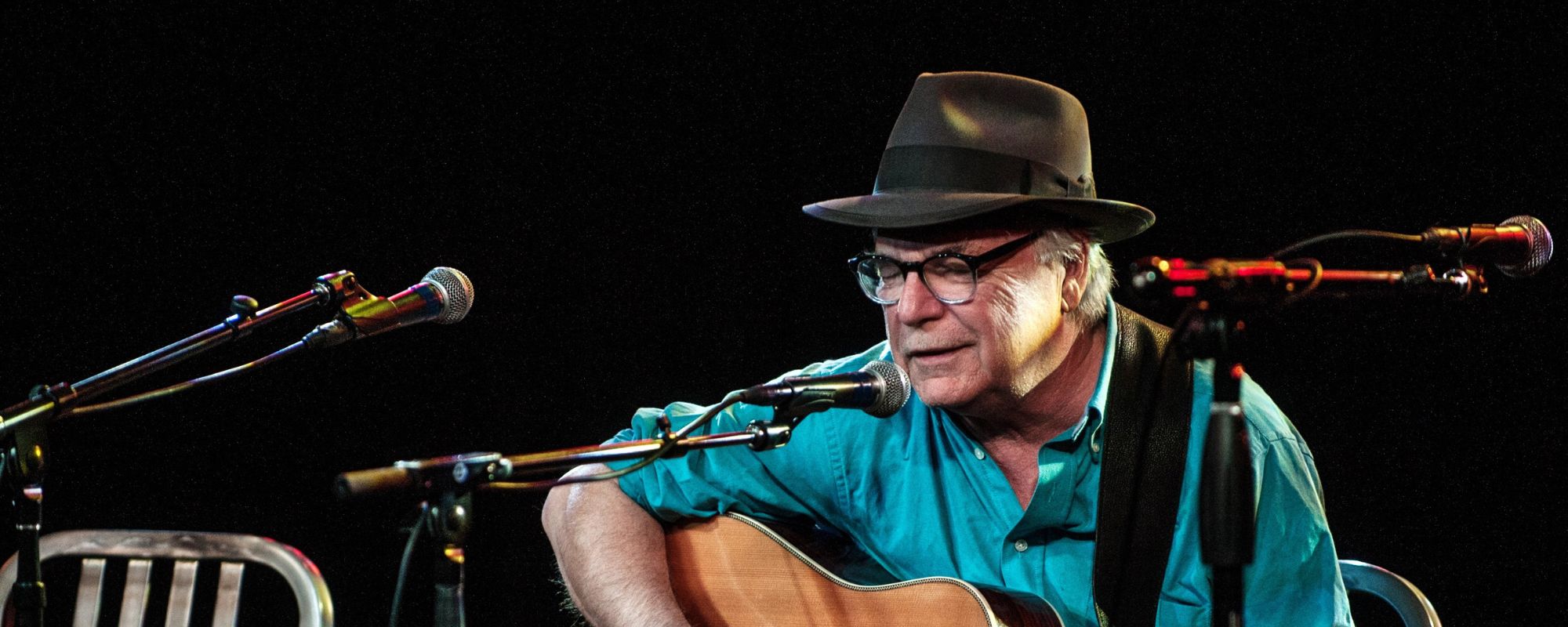
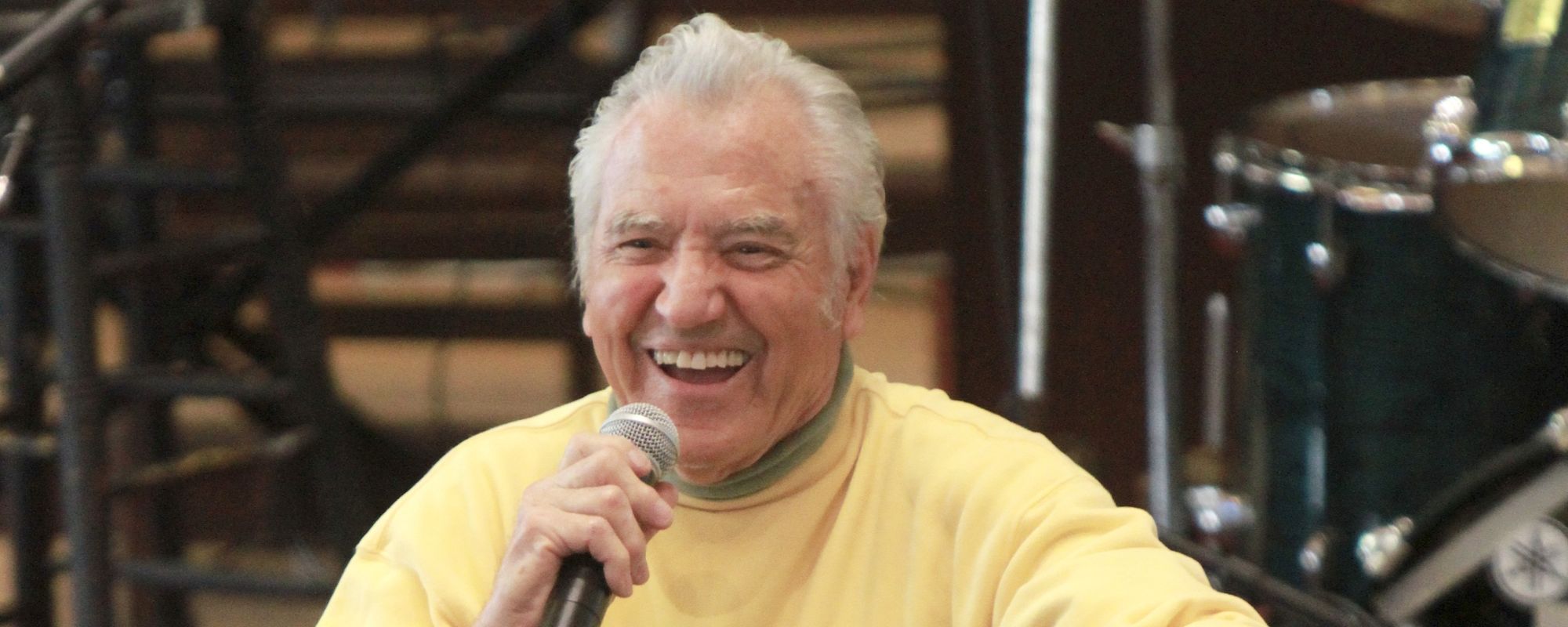
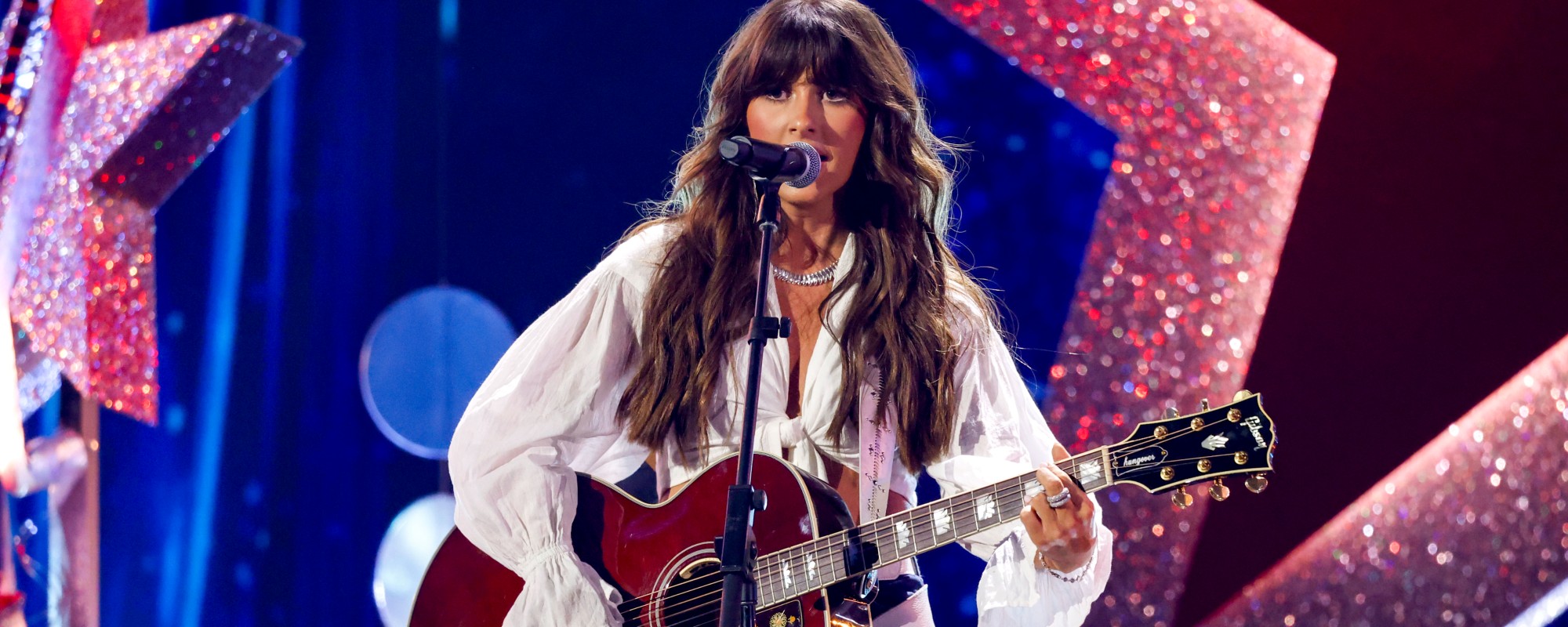
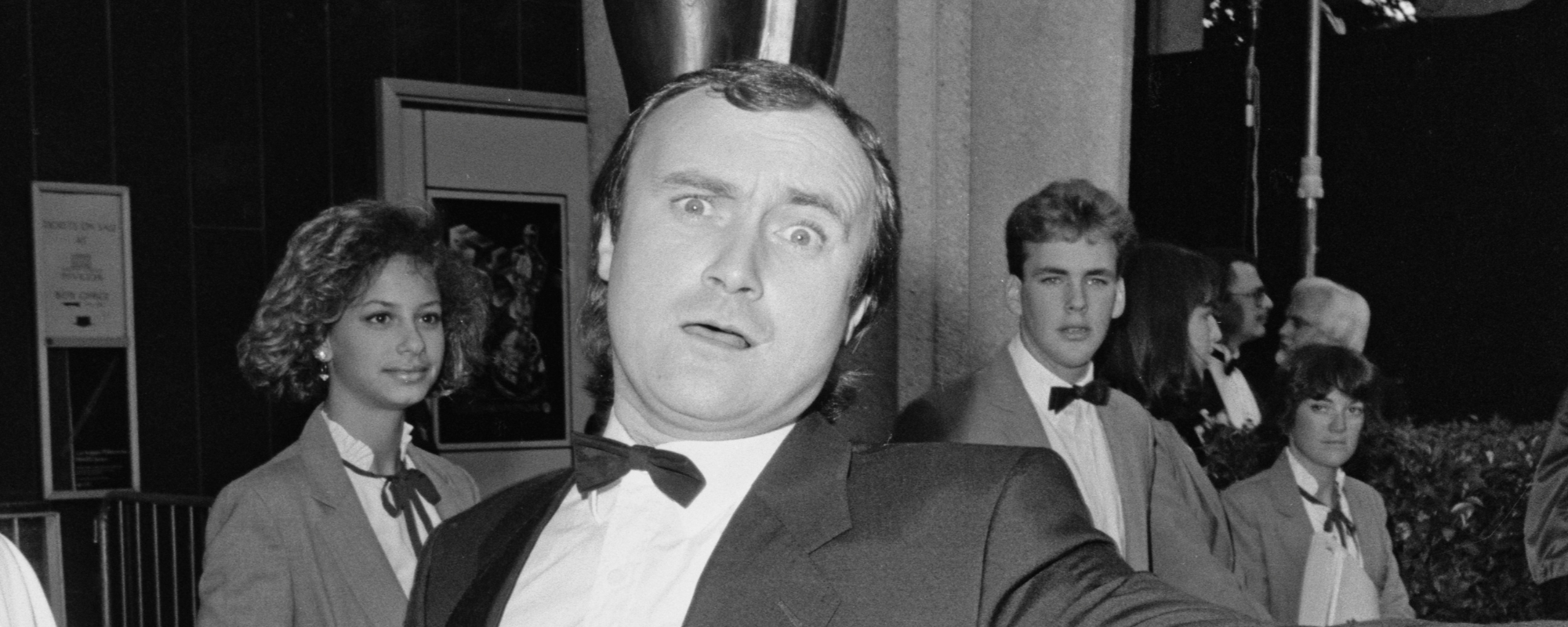
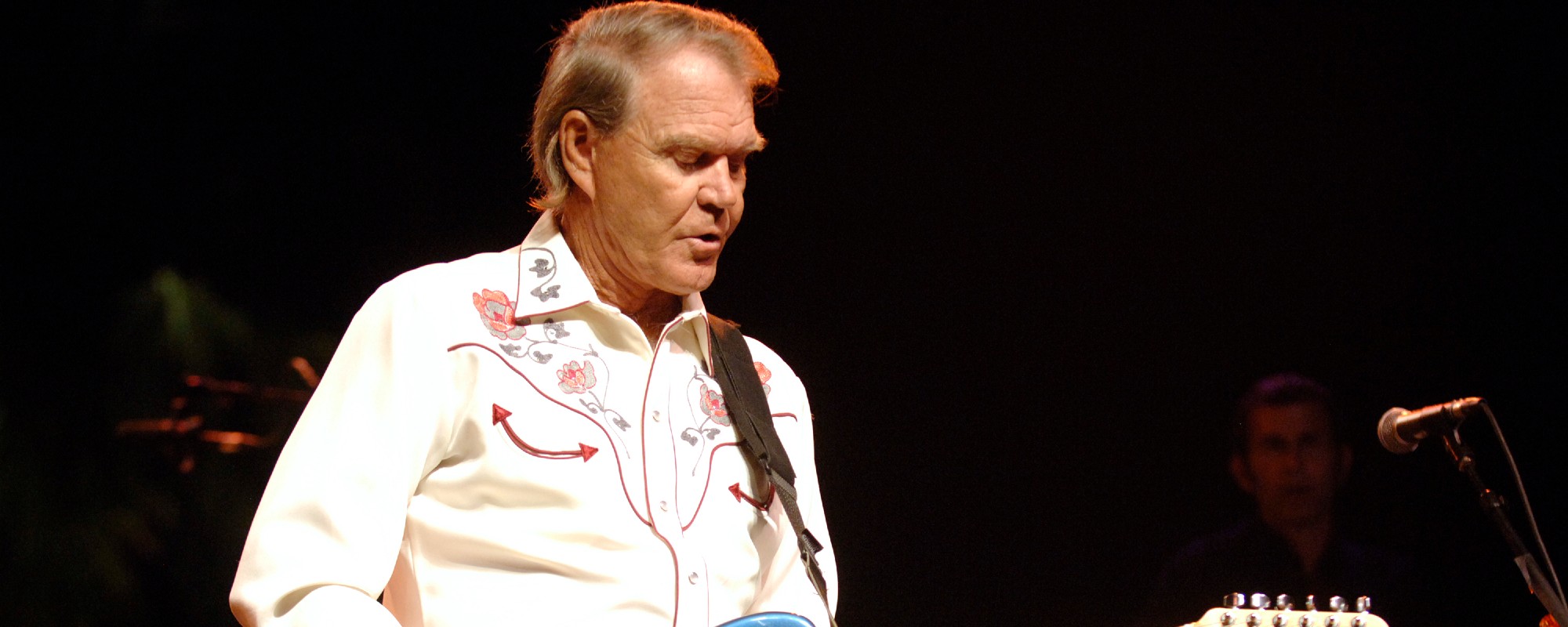

Leave a Reply
Only members can comment. Become a member. Already a member? Log in.